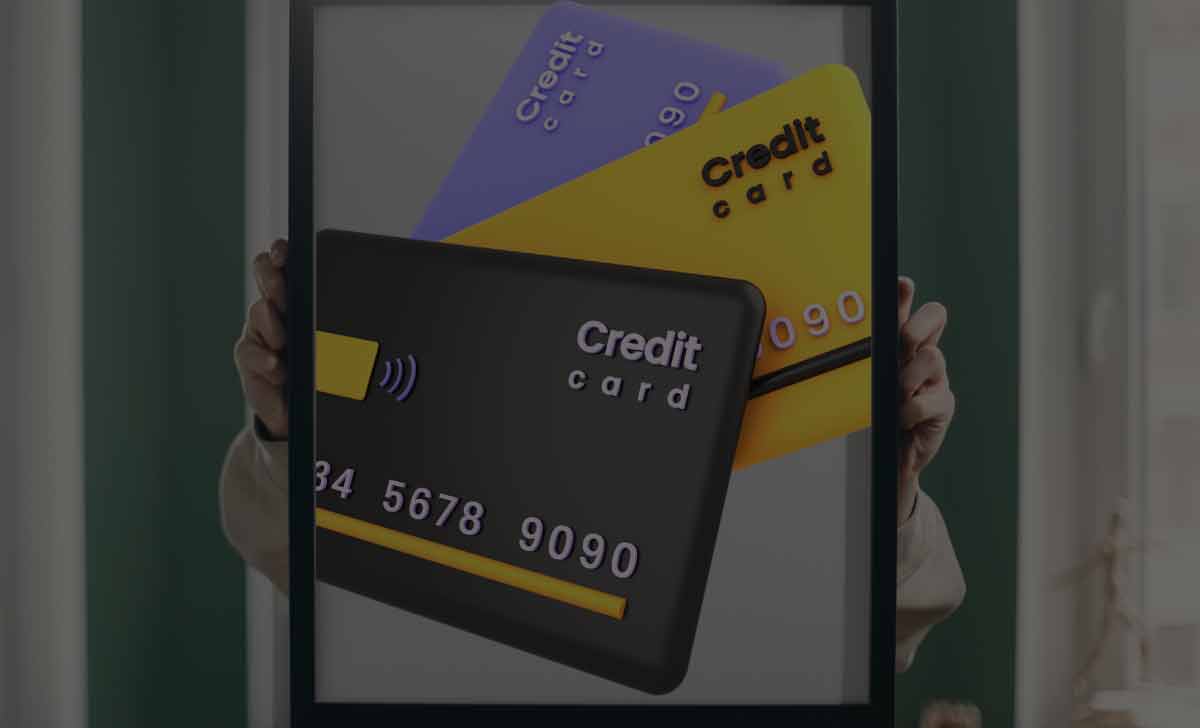Credit card mistakes can happen to anyone. Whether you miss a payment, charge something you didn’t mean to, or become a victim of fraud, it’s important to know what to do to protect your credit and resolve the issue.
A lot of customers have seen precedents where their family might have used their credit card to purchase something crossing their limit and that would hurt their credit history as well.
In this article, we will help you learn more about the common credit card mistakes someone can make and then also guide you through the steps or reasonable instructions you can follow to make better choices and convert your credit card mistakes around.

What are the Common Credit Card Mistakes
There are a few common credit card mistakes that most users make and below are some of them.
If you have made any one of these and are worried about your credit card history then do not worry but learn to discipline in taking action by following this guide which is only for educational purposes.
Card Payment-Related Issues
- Late payments: Making late payments or missing credit card payments can result in late fees and damage your credit score.
- High credit card balances: Carrying high credit card balances relative to your credit limit (high credit utilization) can hurt your credit score and financial health.
- Minimum payments only: Making only the minimum required payment each month can lead to long-term debt and increased interest charges.
- High-interest debt accumulation: Carrying a balance on high-interest credit cards can lead to significant interest costs and financial strain.
Credit Card-Related Issues
- Old credit card account closure: Closing old credit card accounts can shorten your credit history length and potentially impact your credit score.
- Multiple credit card applications: Applying for several credit cards within a short period can lead to multiple hard inquiries and negatively affect your credit score.
- Credit card fraud non-reporting: Ignoring or delaying reporting lost or stolen cards and unauthorized charges can lead to financial losses.
- Balance transfers without a plan: Transferring balances to a new card with a lower interest rate without a clear repayment plan can lead to more debt.
What We Can Do When Credit Card Mistakes Happen
Let us dive into the process and instructions that you can follow in order to ensure to have a proper credit history when you have made credit card mistakes.
- No Late Payments: Making all of your credit card payments on time is one of the most important things you can do to build a good credit history. Late payments can damage your credit score and make it more difficult to get approved for loans or other forms of credit in the future.
- Maintain Low Credit Card Balance Usage: Your credit utilization ratio is the percentage of your available credit that you’re using. A good rule of thumb is to keep your credit utilization below 30%. If you’re using more than 30% of your available credit, it could hurt your credit score.
- Full Payment of Credit Card Balance: Paying off your credit card balance in full each month is the best way to avoid interest charges and build your credit history. If you can’t afford to pay off your balance in full each month, try to make at least the minimum payment on time.
- Usage of Multiple Credit Cards: Having multiple credit cards can be helpful in building your credit history. However, it’s important to use them responsibly and pay off your balances in full each month. If you carry a balance on multiple credit cards, it could hurt your credit score.
What is a Good Credit Utilization Ratio
30% to 10% is a healthy credit utilization ratio. This means that at any given time, you should only be utilizing 30 percent or less of your available credit. Your credit score may suffer if you’re utilizing more than 30% of your available credit.
What happens if I make a late payment on my credit card?
Your credit score may be significantly impacted by late payments. Your credit score might be reduced by up to 100 points, and it could remain on your report for up to seven years.
How many credit cards should I have?
This question does not have a universally applicable solution. Your unique financial position and goals will determine how many credit cards you should have. But generally speaking, it’s a good idea to have two or three credit cards.